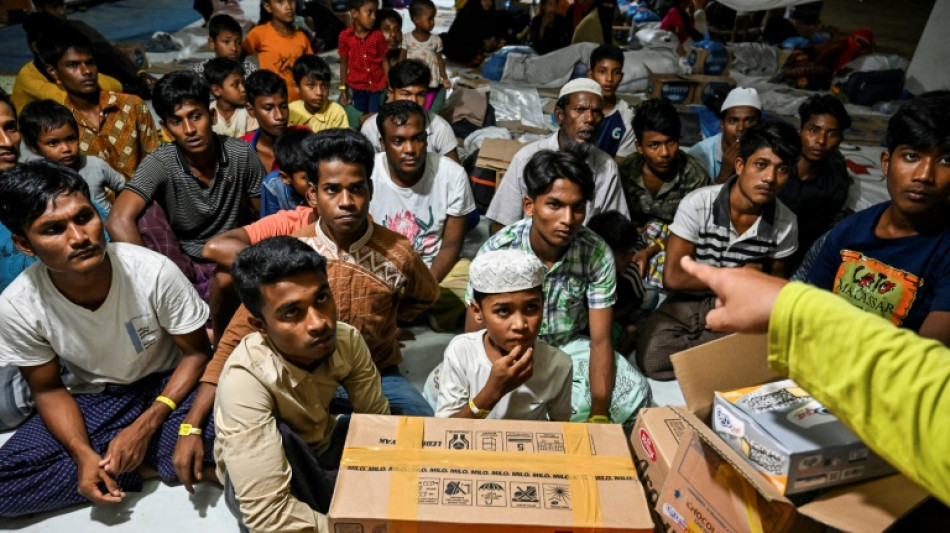

Myanmar army behind Facebook pages spewing hate speech: UN probe
Myanmar's military was behind dozens of seemingly unrelated Facebook pages spewing hate speech against the Rohingya prior to its dramatic 2017 crackdown against the mostly Muslim minority, a UN probe found Wednesday.
Facebook has long been accused of helping spread vast amounts of hate speech against the Rohingya before hundreds of thousands of them were driven into neighbouring Bangladesh in a crackdown now subject to a UN genocide investigation.
In late 2021, Rohingya refugees sued Facebook for $150 billion, claiming the social network failed to stem the hate speech directed against them.
Now, the United Nations' Independent Investigative Mechanism for Myanmar (IIMM) says there is clear evidence Myanmar's military secretly orchestrated the hate speech campaign.
The military had in a "systematic and coordinated" manner "spread material designed to instil fear and hatred of the Rohingya minority", the investigators said in a fresh report.
"It accomplished this by creating a clandestine network of pages on a social media site with the potential to reach an audience of millions."
- 'Interconnected network' -
The IIMM was established by the UN Human Rights Council in 2018 to collect evidence of the most serious international crimes and prepare files for criminal prosecution.
Its new analysis looked at content posted on 43 Facebook pages between July and December 2017.
That report found that seemingly unrelated pages, most of them with no outward affiliation to the military and including some devoted to celebrity news and popular culture, "formed an interconnected network -- the Military Network -- on Facebook".
The report identified 10,485 items with hate speech on the pages, and which Facebook removed from its platform in August 2018.
The investigators had identified hate speech content on six pages that were removed for being connected to 20 individuals and organisations banned by Facebook for human rights violations. All but one of which was overtly associated with the military.
The investigators also examined 37 other pages with no outward affiliation to the military, taken down due to so-called "inauthentic behaviour", detecting hate speech content on 30 of those pages.
- 'Excused and promoted violence' -
The "hate speech content often played upon prevalent discriminatory and derogatory narratives concerning the Rohinguya, it said. These ranged from the narrative that the Rohingya pose an existential threat to Myanmar through violence, terrorism or 'Islamisation'".
Some of the hate speech also played "to the narrative that they pose a threat to Burmese racial purity through their alleged rampant breeding".
The connections between the pages were seen in various ways: they often shared creators, administrators, and editors, and regularly posted material using the same IP addresses used by the Myanmar military.
"Identical material was often posted on multiple pages in this network, sometimes within minutes," the IIMM said.
The investigators highlighted that the military's hate speech campaign "was ongoing at the very time that many Rohingya villages were burned and while thousands of Rohingya men, women and children were beaten, sexually assaulted and/or killed".
And, they pointed out, it had "continued as hundreds of thousands of Rohingya were forced to flee from their homes.
"Rather than taking all steps to prevent the violence and protect its people, the Myanmar military conducted a social media campaign that excused and promoted violence against the Rohingya minority."
P.Connor--NG



